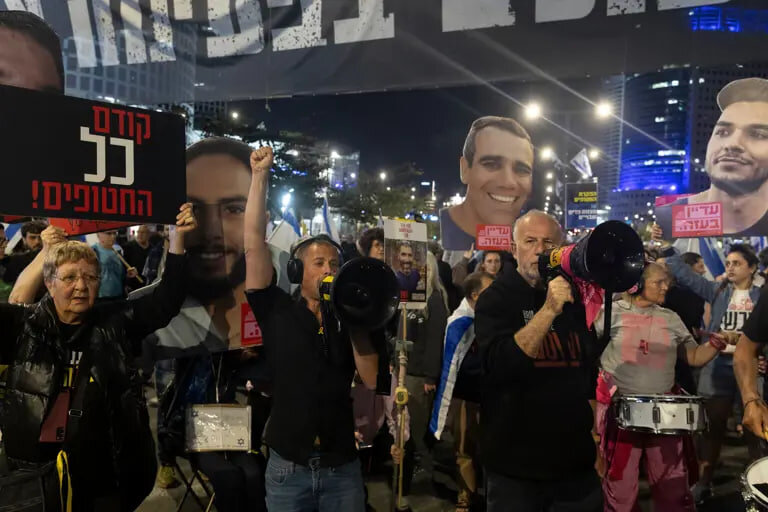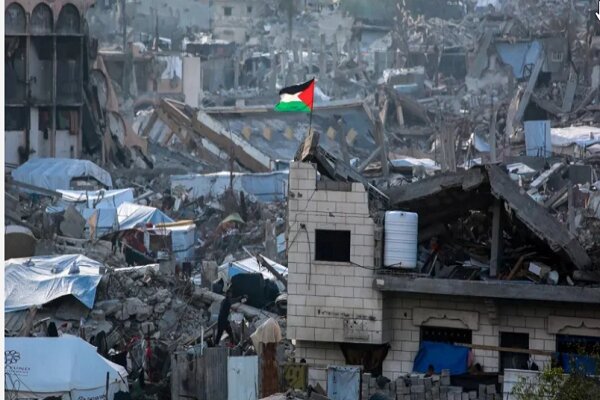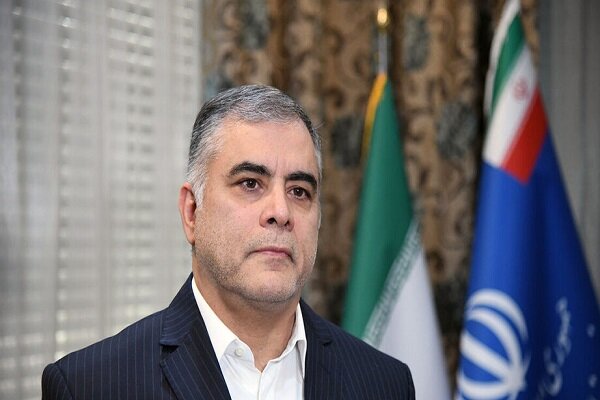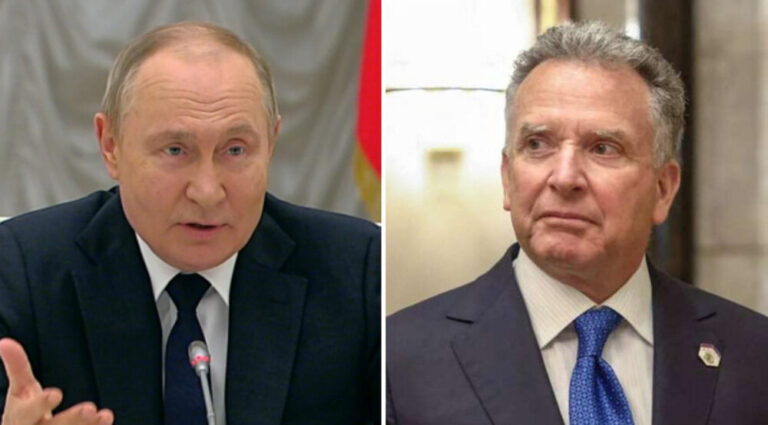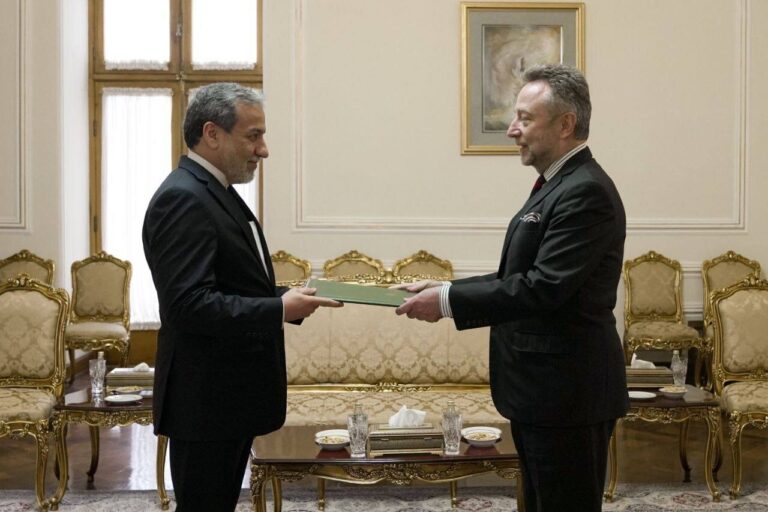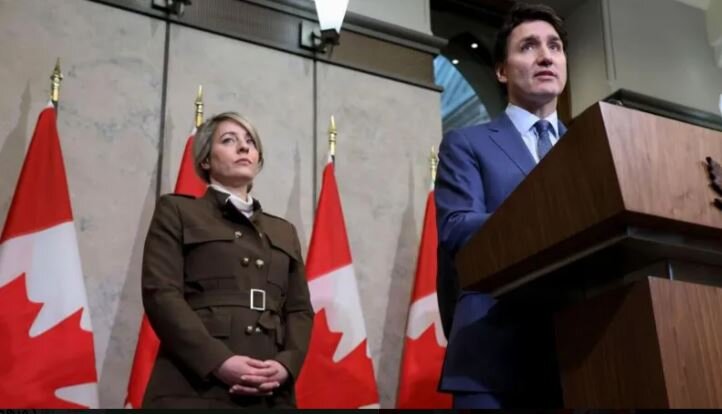Netanyahu Reignites Controversy: Palestinians Face Potential Evacuation from Gaza
Israeli Prime Minister Benjamin Netanyahu has recently pledged to amplify military pressure on Hamas, a strategy aimed at regaining control over Gaza and pursuing what he refers to as “the Trump plan” for the relocation of Palestinians from the region. These developments indicate a significant shift in Israel’s approach toward the Gaza Strip, with implications for regional stability and humanitarian conditions.
Netanyahu’s statements come alongside the appointment of an official to oversee a newly established Israeli entity designed to facilitate the “voluntary” departure of Palestinians from Gaza. This move aligns closely with former President Trump’s proposals regarding the future of the enclave. According to Netanyahu, the U.S. could potentially assist in the post-war reconstruction of Gaza, transforming it into a Mediterranean resort while relocating its current inhabitants to other nations.
However, this controversial approach has faced staunch opposition from several Arab states, including key U.S. allies in the Middle East. These nations have expressed their discontent with Trump’s plans and instead support an alternative proposal developed by Egypt. This plan envisions rebuilding Gaza within a five-year timeframe, ensuring that the population of approximately 2.3 million residents remains intact.
It is noteworthy that Trump first introduced this idea during Netanyahu’s visit to Washington in February. Despite the backlash, Trump has recently reiterated that “nobody is expelling any Palestinians,” attempting to quell fears surrounding forced relocations.
Netanyahu’s strategy to compel Hamas to engage in ceasefire negotiations under military pressure has not been without its critics. Many opponents argue that his government is failing to actively pursue constructive dialogue aimed at ending the ongoing conflict in Gaza and securing the release of Israeli hostages.
In a recent announcement, Hamas stated that it had accepted a ceasefire proposal mediated by Egypt and Qatar. In response, Israel indicated it had made a counter-offer, coordinated with U.S. officials. Sources have revealed that Egyptian negotiators are advocating for a 50-day humanitarian ceasefire, contingent upon Hamas releasing at least five hostages, including a dual U.S.-Israeli citizen, within the first week.
Despite the ongoing discussions, Netanyahu has asserted that “military pressure is working” and is “creating the conditions for releasing our hostages.” This position comes amid significant domestic dissent, with widespread anti-government protests calling for the immediate release of the hostages. Some demonstrations have drawn tens of thousands of participants, reflecting a growing frustration with the current government’s tactics.
The Prime Minister’s remarks have heightened concerns that a resolution to the conflict in Gaza remains elusive, particularly given the humanitarian toll of renewed Israeli military operations. Since March 18, the Israeli military has intensified its strikes on Gaza, effectively ending a ceasefire that had been in place since January.
As the situation evolves, the international community watches closely, with many advocating for a peaceful resolution that prioritizes the humanitarian needs of Gaza’s residents. Key points regarding the ongoing conflict include:
- Increased Military Pressure: Netanyahu’s government is intensifying military actions against Hamas.
- Trump’s Proposal: The plan involves relocating Palestinians and reconstructing Gaza with U.S. assistance.
- Arab Opposition: Major Arab states reject Trump’s plan in favor of a more humane approach through Egypt’s proposal.
- Ceasefire Negotiations: Recent discussions include a potential 50-day humanitarian truce.
- Domestic Dissent: Protests in Israel highlight public dissatisfaction with the government’s strategy.
As the conflict continues to unfold, the humanitarian implications are severe, and the urgency for a peaceful resolution becomes increasingly critical. The international dialogue surrounding Gaza remains vital, with hopes for a strategy that brings lasting peace and stability to the region.
